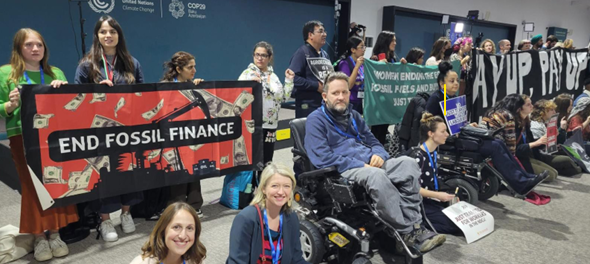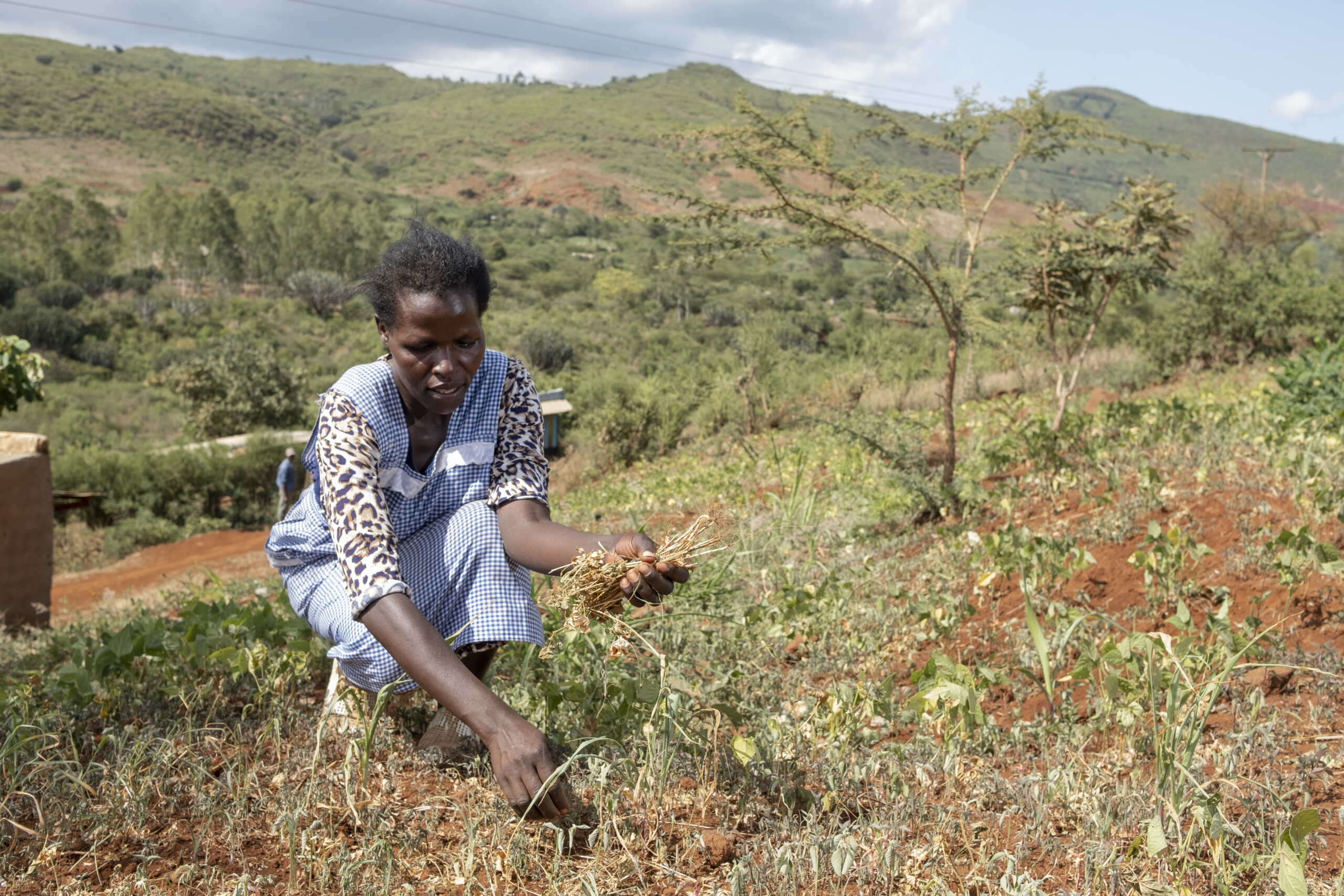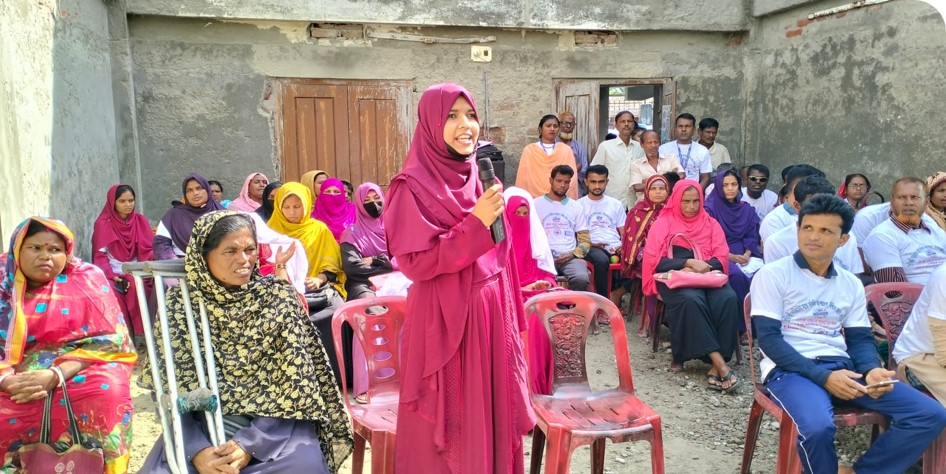Why is data important for deaf people?
News | May 25, 2021
Data collection can provide more accurate information about the number of deaf people in a location, their socio-economic situation, their intersectionalities, the barriers, and what policies and programs are needed to eradicate those barriers.
Data can provide important information about early access to national sign languages and services in national sign languages, including quality education in sign language, which is vital to the full realisation of human rights for deaf people. It is also critical to achieving the Sustainable Development Goals (SDG).
Furthermore, disaggregation of data by disability is crucial in visualising and facing each disabling situation, including persons with disabilities and those who are deaf, in policies and programs. Persons with disabilities experience higher poverty rates and exclusion from society globally. Since deaf people are members of a minoritised and marginalised language community, they are often even more excluded and left behind. Most of the data collection efforts aren’t usually translated to national sign languages and, therefore, made accessible to this community.

The World Federation of the Deaf (WFD) has been committed, through its WFD Charter on Sign Language Rights for All, to ensure the presence of quality, harmonised and reliable disaggregated data highlighting the full diversity represented in deaf communities. Accessible data collection can help identify gaps and barriers that deaf people face and subsequently be addressed in policymaking.
To provide a data tool for deaf people and national associations of the deaf globally, the World Federation of the Deaf, in partnership with the Stakeholder Group of Persons with Disabilities, the International Disability Alliance, and CBM Global Disability Inclusion are pleased to launch an abridged version of the comprehensive disability data advocacy toolkit in International Sign.
The toolkit highlights two particular aspects of the journey on data, starting first with the need for data to understand the real situation of persons with disabilities, identify gaps that are not addressed through policies and/or provide examples of successes. This is to support advocacy with data and influence decision-makers, and convince them on the themes where the most urgent actions and steps must be taken at national, regional, and global levels. This is the beginning and foundational to all other efforts. The second aspect the toolkit touches upon is once the data exist. It is crucial to understand how to analyse, use, and trust data for creating advocacy messages. This is to protect the integrity of advocates and ensure that the change sought is based on an understanding of the reality of the situation and what works.
“Deaf people and their representative organisations are the experts on issues affecting them” notes WFD President Joseph J. Murray, adding, “these organisations generate community-driven data to complement official statistics.” For example, in 2019, the Ethiopian National Association of the Deaf (ENAD) collected data on deaf people in Ethiopia through their 27 branch associations via deaf association censuses. Each branch association was able to reach more deaf people as the community knows best where deaf people are located and living. The findings indicated that there are 10,600 deaf people registered in the country.
Another example of data collection on deaf people is the World Federation of the Deaf’s report on baseline data collection in Nepal. The report focuses on deaf people’s access to inclusive and equitable quality education through sign language in line with the implementation of SDG 4 on quality education in compliance with the UN Convention of the Rights of Persons with Disabilities. The report has critical recommendations and serves as a model for data collection on education through sign language.
In closing, it is essential to collect disaggregated data on deaf people and actively include national associations of the deaf in data collection and interpretation efforts.
Resources:
Data Toolkit: https://cbm-global.org/wp-content/uploads/2020/11/DisabilityData_advocacytoolkit_accessible.pdf
Information about the data toolkit: https://cbm-global.org/news/disability-data-toolkit/
International Sign version of the data toolkit: https://youtu.be/HBXsTVOEqHA
https://cbm-global.org/news/why-is-data-important-for-deaf-people
Related News

One in Five Is Not Enough: The gains on Disability Inclusion have not gone far enough
One in Five Is Not Enough: The gains on...

COP30 Is a Turning Point for Disability-Inclusive Climate Action
As the world gathers in Belém, Brazil, from 10–21 November 2025 for COP30, the message from...

Achieving resilience for all requires funding disability inclusion in DRR
On International Day for Disaster Risk Reduction (DRR) 2025,...
